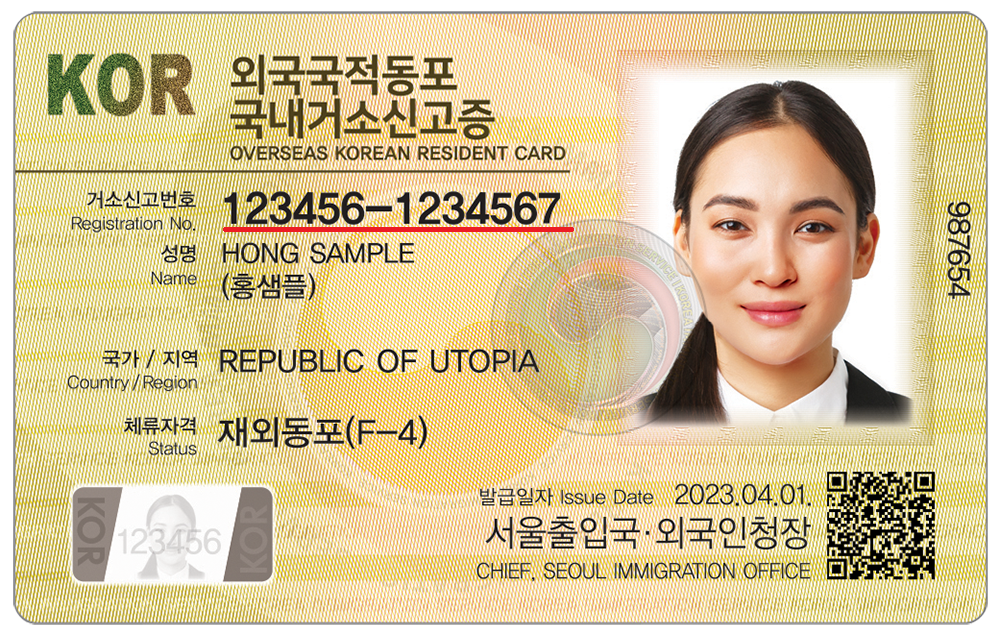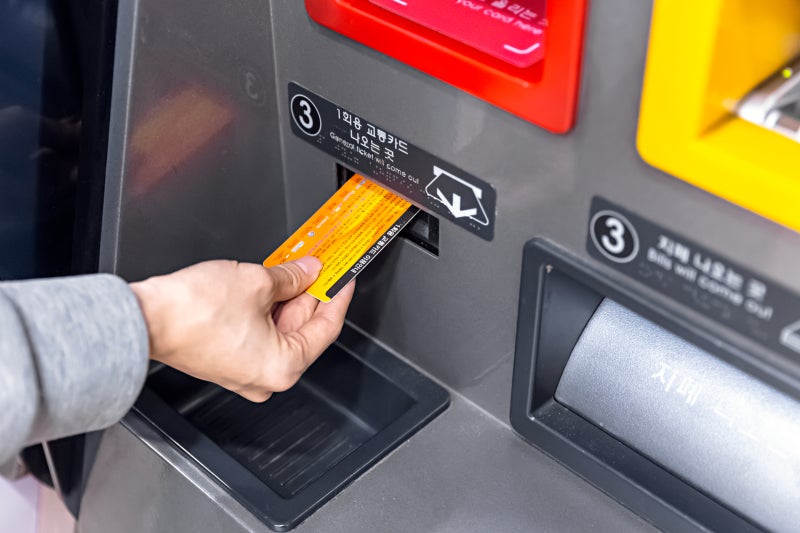Guide for Expats in Korea: Essential Tips Post-Arrival
Hey there future expat! So, you’re headed to Korea? That’s fantastic! Get ready to dive headfirst into a vibrant new culture and start an exciting chapter in your life. We’ve got some handy tips to help you settle in smoothly. Let’s get started with your ultimate guide to living in Korea! 🇰🇷
Before You Arrive: Visa and Documentation

Before you hop on that plane, let’s make sure you’ve got all the paperwork sorted for your Korean visa.
The documents you’ll need will depend on the purpose of your visit, like work, study, or perhaps some family time. Take a good look at the different visa categories, make sure you’ve got what it takes, and check out the Korean embassy or visa website for all the details.
And hey, don’t forget to check your passport’s validity for your entire stay and get all your paperwork in order in advance to avoid any hiccups!
Upon Arrival: Registration and Alien Registration Card

Alright, you’ve touched down in Korea – how exciting! 😆 Now, don’t forget to pop by the nearest immigration office to register within 90 days of your arrival.
You’ll definitely want to get your hands on an Alien Registration Card (ARC) – it’s your official ID here and you’ll need it to do things like open a bank account or get a phone plan. Think of the ARC as your new best friend in Korea. It’s your passport to a whole range of services.
When you go to register, be sure to bring along your passport, visa, and a completed registration form from the immigration office.
It’s a pretty simple process, but try to get there early to avoid the queues. Just a heads up though, some offices might need you to book an appointment. So, give them a call or check online to find out what’s happening at your local immigration office.
Housing and Lodging

On the hunt for a new home in Korea? It might seem a bit overwhelming, especially if you’re not yet up to speed with the language or local customs. But, we’re here to help!
Starting your search before you even leave your home country is a smart move. Finding the perfect place might take a little while and we want you to feel at home as soon as you can.
To find the right neighbourhood, think about your lifestyle, budget, proximity to work or school, public transport links, and local amenities.
There are some great housing options that many expats are big fans of.
Officetels, for example, are fully furnished studio apartments with handy amenities like a gym or laundry on-site.
If you’re watching your pennies, a goshiwon might be just what you need. These are small, affordable rooms that are a hit with students and young professionals.
Need more space? You might want to check out villas or larger apartments. Just bear in mind that these options usually ask for a larger deposit, known as ‘key money.’
For a taste of traditional Korean life, why not consider a homestay or guesthouse? Living with a Korean family or other foreigners is a brilliant way to really get to know the culture.
And lastly, don’t forget about real estate agents, or ‘budongsans‘ as they’re known locally. They can be a huge help in finding a rental and negotiating lease terms. Best of luck with your search and welcome to Korea! 🤗
Banking and Finances

Opening a bank account in Korea is a breeze. All you need is your ARC and resident registration number. You’ve got plenty of banks to choose from, like KEB Hana Bank, Shinhan Bank, and Woori Bank. Take a good look at each one to see which is the best fit for you. Keep an eye out for banks that offer perks for expats, competitive exchange rates, and low transaction fees.
Once you’ve got your bank account sorted, you can grab a debit card and set up online banking. These will be super helpful for paying bills and keeping an eye on your money. Lots of banks offer services in English. If your Korean isn’t quite there yet, be sure to ask about this before you choose a bank.
And, why not think about setting up automatic payments for your regular bills? It’ll make managing your money a whole lot simpler. 💵
Transportation

Getting around in Korea is a breeze thanks to the efficient, affordable, and user-friendly public transportation system. The Seoul subway system is massive, and most parts of the city are reachable by bus or subway.
Consider getting a T-Money card to make getting around even easier. This handy card works on metros, buses, and even some taxis.
For longer trips, you might want to take the KTX, a high-speed train that zips between major cities. Intercity buses are another great option. Taxis are super convenient but can be a little pricier, especially during peak times.
Having the address in Korean can be a big help when you’re trying to explain to a taxi driver who doesn’t speak English where you’re headed.
Communication and Language

Sure, you can get by in Korea without speaking Korean, but knowing a few basic phrases can make a world of difference.
While most Koreans know some English, they really appreciate it when expats make an effort to speak Korean. Plus, learning the language can help you get a deeper understanding of the culture and build stronger connections with the locals.
There are plenty of language schools and online resources to help you master Korean. Universities also offer language courses for foreigners. Immersing yourself in the language and culture can make everyday life easier and help you make new friends. Don’t worry if you’re finding it tough at the start! keep practicing and you’ll get there. 👏
Culture Shock and Adjustment

Moving to a new country can be a bit of a shock to the system because the culture is so different. Feeling a little out of sorts at first is totally normal. 😓 Try to stay patient and keep an open mind. See the differences as opportunities to learn and grow, not problems.
Meeting others who have also made the move to Korea can be a big help. They can give you tips and support.
Getting out and about, exploring the city, and trying new things can also help you get to grips with Korean culture. Volunteering or joining cultural programs can help you feel part of the community!
Health and Insurance

Healthcare in Korea is top-notch and pretty affordable, but it’s crucial to have health insurance. If you’re working, your employer might offer health insurance as part of your benefits.
If you don’t have insurance, you can buy a private plan or join the National Health Insurance Program for foreigners with a visa. It’s a good idea to check out the different insurance options and pick one that works for you, even if you have pre-existing health conditions.
You should also get to know your nearest hospital or clinic in case of emergencies. Most hospitals have English-speaking staff, but it’s always handy to have someone who can help you if needed.
Make a list of who to call in an emergency. Also, learn some Korean health terms to help you communicate with doctors in a medical emergency!
Finding Work

by Amy Hirschi (https://unsplash.com/@amyhirschi)
If you’re looking for work opportunities in Korea, there are a few key things to bear in mind.
First off, make sure you have the right visa that allows you to work in Korea. Research the job market and find out what foreign workers need in your industry. Some jobs may have special rules or certification requirements.
Networking is also super important in Korea, so try to make connections with other expats or locals in your field. You can also check job boards and attend job fairs to find potential job opportunities. Consider using social media platforms like LinkedIn to boost your profile and connect with potential employers.
Final Thoughts
Moving to Korea as an expat can be an incredible adventure, but it’s important to be prepared and know what to expect.
Follow the tips in this guide to help you get to grips with the basics and make the most of your time in this beautiful country. Embrace the new experiences Korea has to offer and don’t be afraid to step out of your comfort zone!
With a patient and open-hearted approach, your expat journey in Korea can be a truly rewarding one. 🤗



